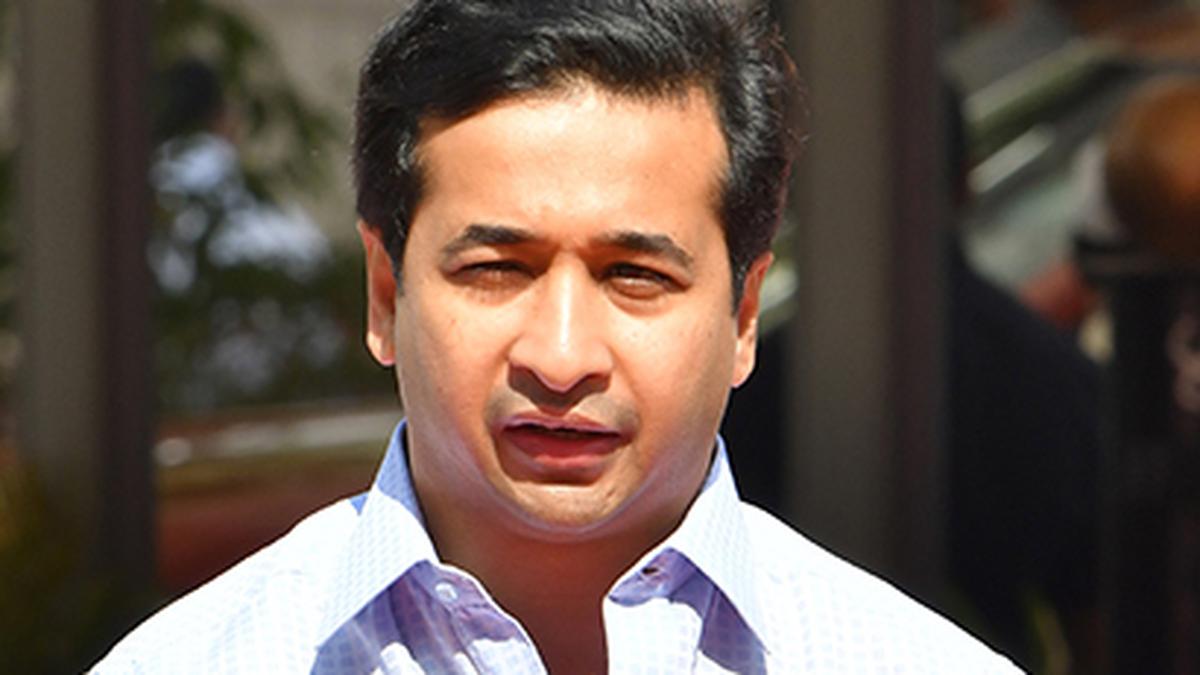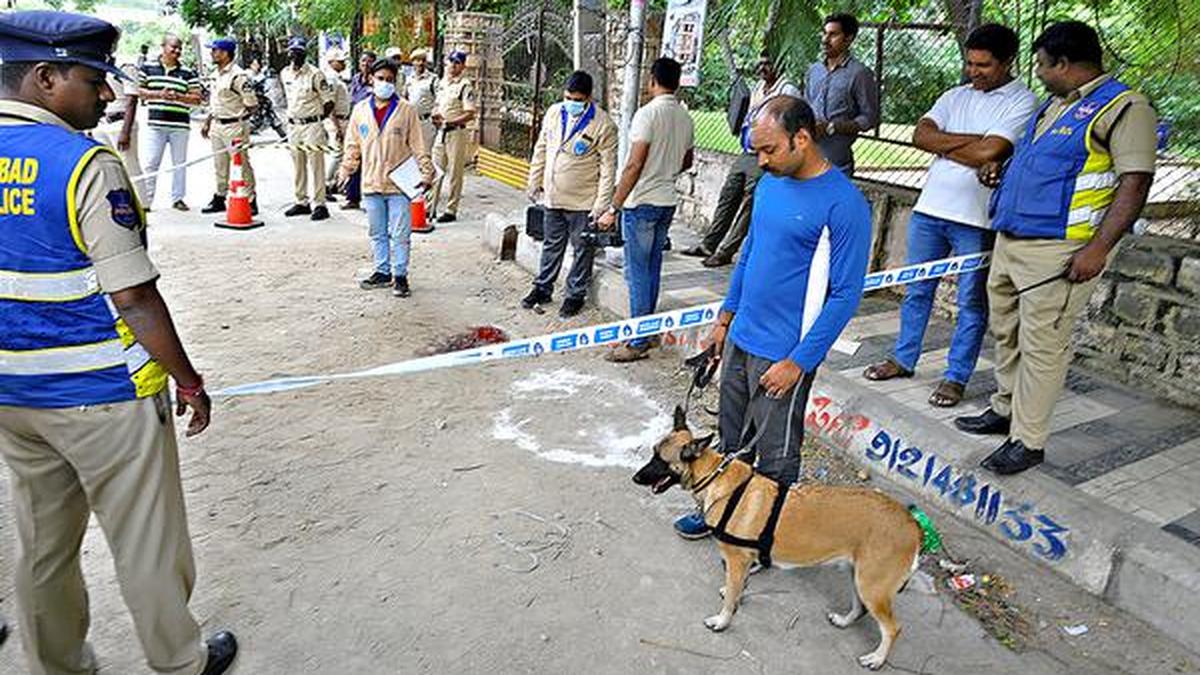Now Reading: West Bengal Delays UG College Admissions Without Explanation
-
01
West Bengal Delays UG College Admissions Without Explanation
West Bengal Delays UG College Admissions Without Explanation
Fast Summary
- The West Bengal government has extended the last date for admission to undergraduate courses in government-run and aided colleges from July 15, 2025, to July 25, 2025.
- This delay follows an earlier extension from July 1 due to unresolved legal issues tied to the state’s updated list of communities eligible for OBC reservation.
- A special leave petition challenging the OBC list is pending before the Supreme Court; a hearing is expected at the end of this month.
- Academic schedules are disrupted as teaching-learning processes are delayed. Many private and autonomous institutions plan to start first-year classes by August 1.
- A professor noted that proper data collection could not be conducted as of a Calcutta High Court interim stay on the OBC list. The delays may not bring significant increases in applications but affect academic timelines.
- Concerns have been raised about low seat occupancy rates in government colleges this year, reportedly due to students opting for private or out-of-state institutions instead of state-run colleges.
- Parents expressed frustration over uncertainty surrounding admissions through centralized portals while other institutions are progressing on schedule.
Indian opinion Analysis
The repeated extension of admission deadlines highlights systemic inefficiencies in coordinating policy implementation with legal mandates. The unresolved controversy over changes in community eligibility under West Bengal’s OBC reservation policy has become a bottleneck disrupting higher education timelines across state-run universities.
While awaiting clarity from court rulings, thousands of students face an academic limbo that adds stress both financially-due to concurrent enrollment at costlier private institutions-and emotionally for parents trying to meet educational goals. This situation underscores an urgent need for better inter-departmental planning between judiciary compliance and administrative action. Without long-term structural improvements addressing these gaps,such disruptions risk eroding public trust and competitiveness relative to private or out-of-state education alternatives.
Read more: The Hindu





















